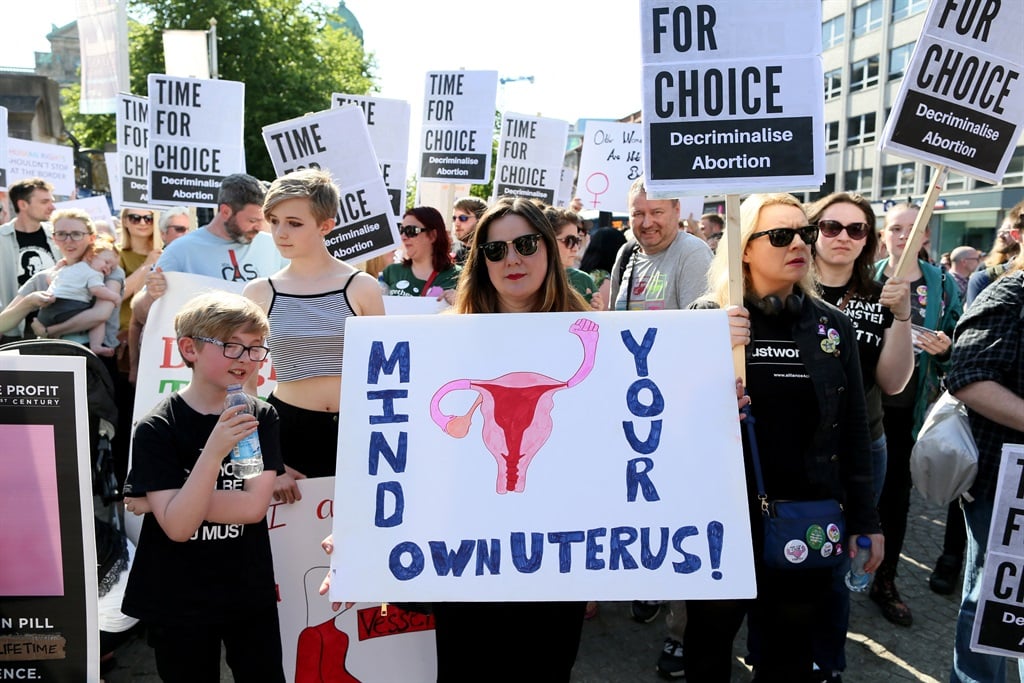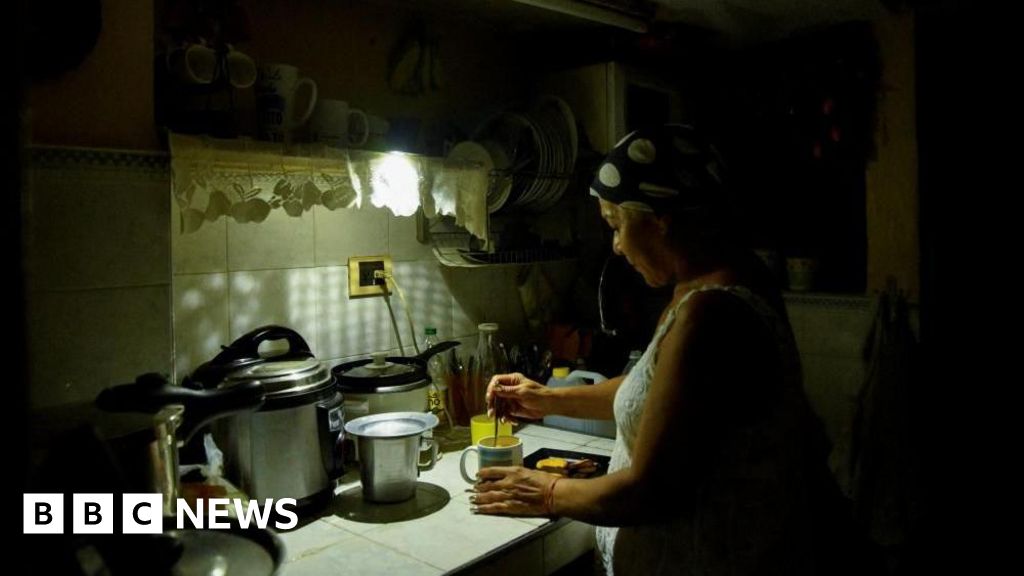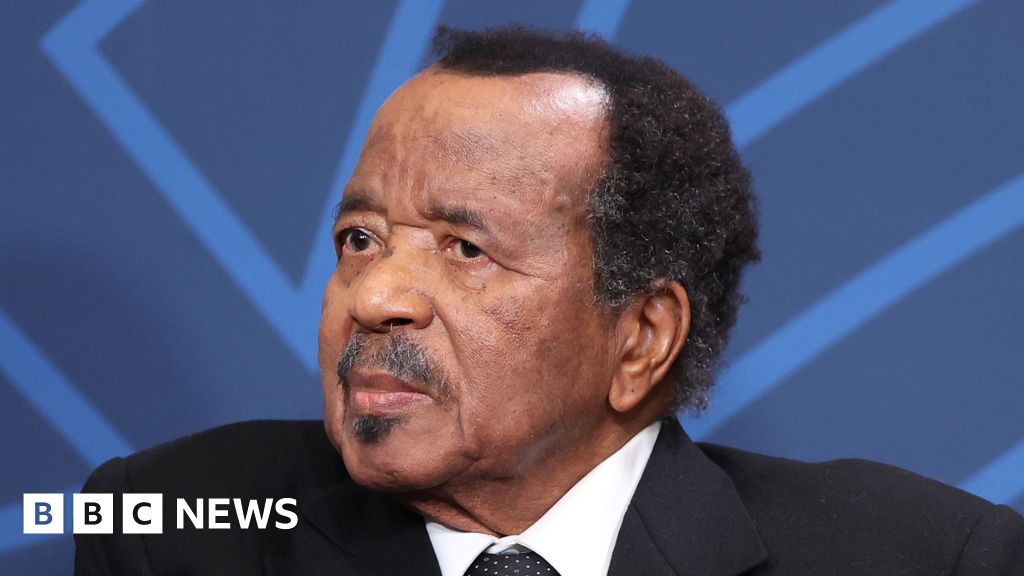
Pro-abortion protestors during a demonstration calling for abortion to be legalised in Northern Ireland, outside Belfast city hall in May 2018. (Paul FAITH / AFP)
- From the end of October, protests will be outlawed in buffer zones of up to 150m around abortion clinics in England and Wales.
- Within those zones it will be illegal to influence an abortion decision, on purpose or otherwise.
- The law's implementation was previously delayed because of silent prayer.
Abortion clinics in England and Wales will be surrounded by protective perimeters in order to keep out protestors opposed to the practice and ensure women are not "harassed", the government announced Wednesday.
The "buffer zones", which will be created from 31 October, will extend up to 150 metres around clinics.
It will also be illegal for "anyone to do anything that intentionally or recklessly influences someone's decision to use abortion services," said the interior ministry.
Jess Phillips, minister for the prevention of violence against women and girls, said that "the right to access abortion services is a fundamental right for women in this country, and no one should feel unsafe when they seek to access this.
"We will not sit back and tolerate harassment, abuse and intimidation as people exercise their legal right to healthcare," she added.
A Christian preacher was convicted in February after protesting in a buffer zone -- the first of its kind -- set up by the local council, in west London.
The 72-year-old held a placard with a Bible psalm reading: "For thou hast possessed my reins: thou hast covered me in my mother's womb."
He was sentenced to a 12 months' conditional discharge -- meaning he could be resentenced if he commits any more crimes -- and ordered to pay the equivalent of some R55 000 in court costs.
Abortion advocates had called for national legislation to create buffer zones.
The law was passed in 2023 but its implementation was delayed under the previous Conservative government due to debates over silent prayers.
Anti-abortion groups argue that banning such prayers posed a threat to freedom of expression and religious belief.
The Crown Prosecution Service, which decides on whether to bring court action in England and Wales, will soon set out details of what will be allowed and banned in the buffer zones in order to clarify the new offence, according to the Home Office.
Offenders will be liable to a fine.

 1 month ago
7
1 month ago
7










 English (US) ·
English (US) ·